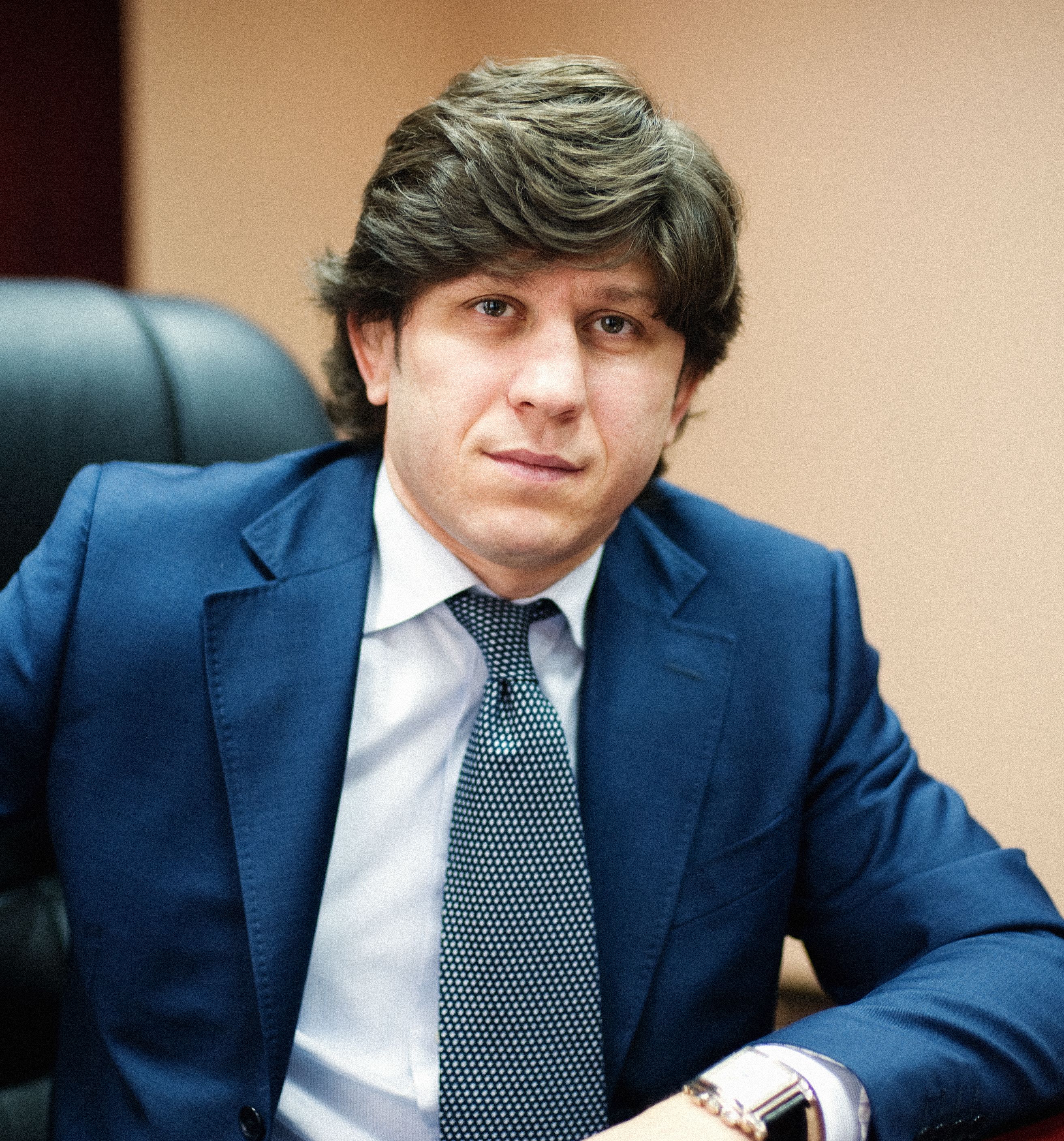1. Early Life and Background
Elbrus Tedeyev was born on December 5, 1974, in Nogir, located within the Prigorodny District of the North Ossetian Autonomous Soviet Socialist Republic (now North Ossetia-Alania, Russia), which was then part of the Soviet Union. He is of Ossetian ethnicity. Tedeyev's family includes his brother, Dzhambolat Tedeyev, who also became a notable wrestler and represented Ukraine internationally. In 1993, Elbrus Tedeyev became a citizen of Ukraine, marking a pivotal moment that allowed him to compete under the Ukrainian flag and later pursue a political career in the country. He stands 67 in (170 cm) tall and competed at a weight of 146 lb (66 kg).
2. Wrestling Career
Elbrus Tedeyev enjoyed a highly successful and decorated career as a freestyle wrestler, earning numerous medals at the highest levels of international competition, including the Olympic Games, World Championships, and European Championships. His achievements solidified his status as one of Ukraine's most celebrated athletes.
2.1. Olympic Games
Tedeyev participated in multiple Olympic Games, showcasing his prowess on the world's biggest stage.
- At the 1996 Summer Olympics in Atlanta, he secured a bronze medal in the 62 kg freestyle wrestling category.
- His crowning achievement came at the 2004 Summer Olympics in Athens, where he won the gold medal in the 66 kg freestyle wrestling category, becoming an Olympic champion.
2.2. World Championships
Tedeyev's dominance extended to the World Wrestling Championships, where he claimed multiple titles and medals across various weight classes.
- He earned his first gold medal at the 1995 World Championships in Atlanta in the 62 kg category.
- He followed this with another gold medal at the 1999 World Championships in Ankara in the 63 kg category.
- His third gold medal came at the 2002 World Championships in Tehran in the 66 kg category.
- In addition to his gold medals, Tedeyev also won a bronze medal at the 2001 World Championships in Sofia in the 63 kg category.
2.3. European Championships
Elbrus Tedeyev also demonstrated consistent performance at the European Wrestling Championships, accumulating a collection of medals.
- He won a gold medal at the 1999 European Championships in Minsk in the 63 kg category.
- He secured silver medals at the 1997 Championships in Warsaw (63 kg), 2003 Championships in Riga (66 kg), and 2004 Championships in Ankara (66 kg).
- Tedeyev also earned a bronze medal at the 1998 European Championships in Bratislava in the 63 kg category.

3. Political Career
Following his illustrious wrestling career, Elbrus Tedeyev transitioned into the political arena, becoming a prominent figure in Ukrainian politics. He was elected as a People's Deputy of Ukraine, serving multiple terms in the national parliament.
Tedeyev first entered the Verkhovna Rada (Ukrainian parliament) in 2006. He was elected as an independent politician, running on the party list of the Party of Regions. His political career continued with re-election during the early parliamentary elections in 2007. He was subsequently re-elected for a third term in 2012, further solidifying his presence in Ukrainian legislative affairs. As a People's Deputy, Tedeyev engaged in various legislative activities, representing his constituents and contributing to the political discourse in Ukraine.
4. Legacy and Impact
Elbrus Tedeyev's legacy is defined by his dual impact as both a world-class athlete and a significant political figure in Ukraine. His remarkable achievements in freestyle wrestling, including an Olympic gold medal and multiple world championships, cemented his place as one of Ukraine's most decorated athletes and a source of national pride. He inspired many aspiring wrestlers and brought international recognition to Ukrainian sports.
His transition into politics as a People's Deputy demonstrated a commitment to public service beyond the sports arena. While his political affiliation with the Party of Regions placed him within a particular political context, his role as an elected official allowed him to contribute to national policy-making and represent the interests of the people. Tedeyev's career exemplifies the journey of a public figure who leveraged his athletic fame to pursue a career in politics, seeking to make a broader societal impact. His public life reflects the complex interplay between sports, national identity, and political engagement in post-Soviet Ukraine.